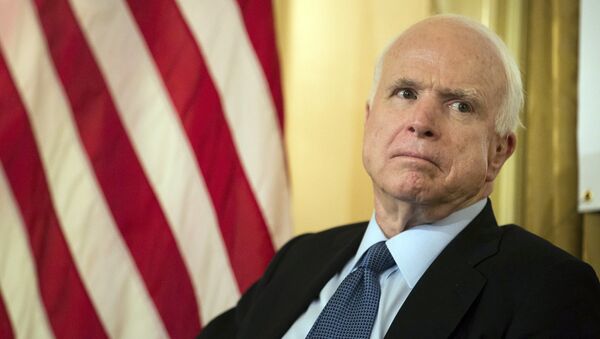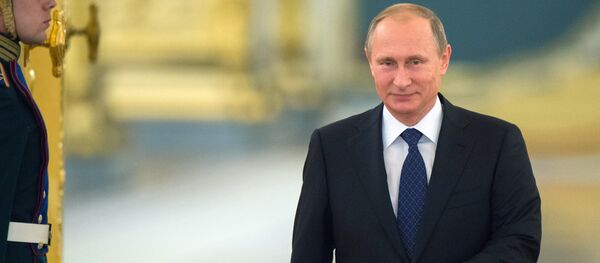Being or appearing to be tough on Russia is, according to the analyst, "the choice of least political resistance for US politicians" from both parties. "No candidate from either party is bringing forth bold, fresh ideas for putting US-Russian relations on a new footing – and that goes for President Obama, too."
This distorted perception is not a recent phenomenon.
"The Cold War shaped several generations of American policy makers and established an enduring national popular culture, seen in bestselling novels and Hollywood blockbusters …, depicting Russia and Russians as duplicitous and menacing," Starobin explained.
One look at the media coverage of all things relating to Russia shows that this view is hard to eradicate.
"Too much of what passes as reportage and analysis of Russia today indulges in such casual pugnacity, as well as in an eerie glee that caricature is an acceptable, comfortable vehicle by which to explore this nation and its interests. Most worrying, it comes at the precise moment when more thoughtful, measured consideration of the US-Russia relationship is sorely needed," Starobin lamented.
"Just as it was wrong to think in the 1990s that a feeble Russia, confronted by an expanded NATO, was apt to stay weak, so it is foolish to think now that a more confident Russia, bent on asserting its interests in Eastern Europe and the Middle East, is beyond the reaches of productive engagement," the analyst noted.
One could only hope that John Kerry's visit to Moscow would mark the beginning of a new trend.




